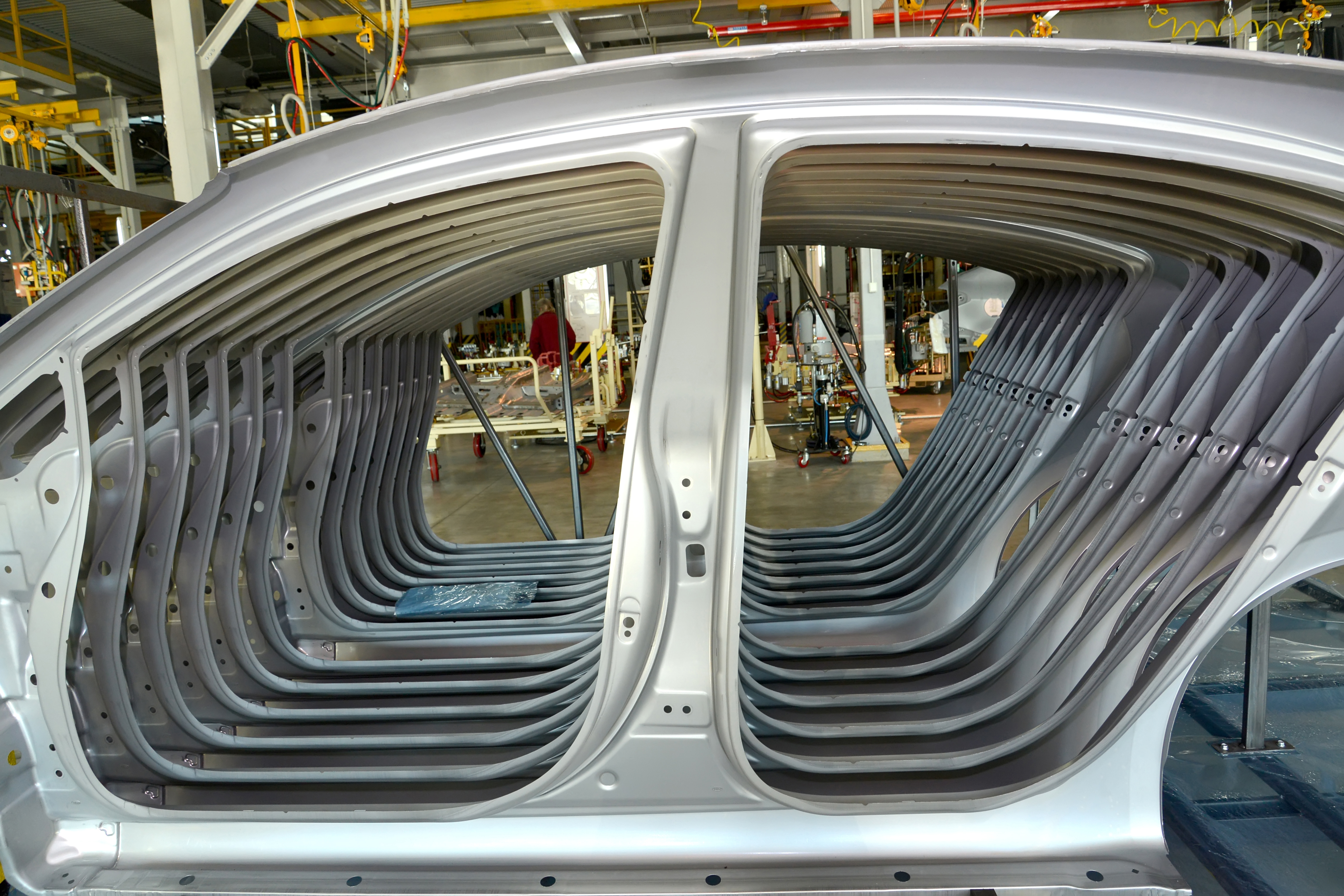Forming Lubricants: Meeting Modern Challenges in Metal Parts Manufacturing
The metal forming industry is rapidly evolving, driven by the adoption of advanced high strength, light-weight materials, increasingly stringent environmental standards, and rising expectations for process efficiency and workplace safety. These advancements accelerate the need for innovation in forming lubricants, which are essential in safeguarding tooling, dies, and finished parts while supporting manufacturers in meeting new technical and regulatory demands.
The Changing Landscape of Metal Forming
Metal parts manufacturers are under pressure to deliver components that are lighter, stronger, and more resistant to wear than ever before. This is fueled largely by the automotive sector’s push for lightweighting, which involves the use of advanced high-strength steels (AHSS), aluminum, and other alloys to reduce vehicle weight and improve fuel efficiency or battery range. These new materials bring unique challenges, such as increased work hardening, edge cracking, and springback, which can accelerate tool wear, lead to an increase in failures, and disrupt production lines.
FUCHS Lubricants Co. recognizes these challenges and has developed a comprehensive portfolio of forming lubricants designed specifically for these substrates and manufacturing processes. Our innovative solutions not only meet the technical demands of the forming process but also the regulatory and environmental requirements that are redefining the industry.
- Substrate complexity: Modern parts are made from a wide variety of metals and coatings, each with its own forming characteristics. FUCHS lubricants are formulated for ferrous, aluminum and other non-ferrous materials, and coated steels, ensuring compatibility across the board.
- Process demands: As part geometries become more complex and production speeds increase, lubricants must provide consistent performance, reduce friction, and protect tooling from wear. FUCHS products are engineered to excel in severe forming conditions, including in-die tapping and deep drawing.
- Post-processing compatibility: Residue from forming lubricants must be compatible with cleaning systems or be sufficiently inert to allow for seamless integration into subsequent assembly and painting steps.
- Health, safety, and environmental (HSE) considerations: The regulatory environment is increasingly focused on worker safety and environmental protection. FUCHS leads the industry in developing chlorine-free and synthetic lubricants that meet or exceed global standards, reducing disposal costs and environmental impact.
FUCHS is at the forefront of innovation in metal forming lubricants. Our product range includes:
- Chlorine-free lubricants: Engineered to replace traditional chlorinated oils, these lubricants offer excellent corrosion protection, improved lubricity, better cleanability, and easier disposal, while not sacrificing performance in more difficult operations such as fineblanking and deep drawing.
- Synthetic lubricants: Designed for sensitive applications such as automotive body-in-white (BIW) forming operations, FUCHS synthetic lubricants provide superior protection for tools and coatings, improve post-processes by reducing or even eliminating the need to clean, and are environmentally friendly. Many are automotive-approved, ensuring compatibility with the latest manufacturing standards.
- Water-miscible and neat oils: These versatile lubricants are suitable for a wide range of forming applications, and provide the highest level of lubrication, and robust corrosion protection.
By choosing FUCHS forming lubricants, metal parts manufacturers gain access to:
- Extended tool life: Advanced formulations reduce wear and tear on dies and tooling, lowering maintenance costs and downtime.
- Improved process reliability: Consistent performance across a wide range of substrates and forming conditions ensures high-quality parts and fewer rejects.
- Regulatory compliance: FUCHS lubricants are designed to meet or exceed the latest health, safety, and environmental regulations, giving manufacturers peace of mind.
- Technical support and custom solutions: Our team of experts works closely with customers to select the optimal lubricant for their specific application, ensuring maximum efficiency and cost savings down to the production of each individual part.
A Partner for the Future
As Jennifer Lunn, FUCHS’ Product Manager for Metal Forming Lubricants, explains, “Our goal is to help manufacturers navigate the challenges of lightweighting, process changes and new materials by providing innovative, reliable, and sustainable lubrication solutions. We’re committed to supporting our customers every step of the way, from product selection to technical support and beyond.”
FUCHS Lubricants Co. is the partner of choice for metal parts manufacturers looking to stay ahead in a rapidly changing industry. Whether you’re forming advanced high-strength steels, aluminum, or coated materials, we have the expertise and the products to help you succeed.
